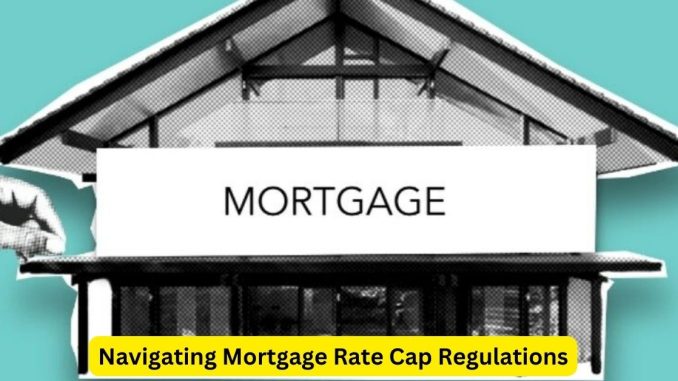
Mortgage rate cap regulations are crucial safeguards designed to protect borrowers from excessive interest rate fluctuations in adjustable-rate mortgages (ARMs). From an attorney’s perspective, understanding these regulations is essential for ensuring compliance and advocating for clients’ best interests in the complex landscape of mortgage lending.
One of the primary aspects of mortgage rate cap regulations is the establishment of limits on how much and how often interest rates can adjust. These caps typically come in two forms: initial adjustment caps, which limit the increase in the interest rate at the first adjustment period, and periodic adjustment caps, which restrict subsequent rate adjustments. Attorneys play a key role in ensuring that lenders adhere to these caps and that borrowers are aware of their rights under the terms of their mortgage agreements.
Moreover, attorneys assist clients in interpreting and negotiating mortgage contracts to ensure that rate cap provisions are fair and reasonable. This includes reviewing the terms of ARMs to determine the specific rate cap limits, adjustment intervals, and other relevant provisions. Attorneys leverage their legal expertise to advocate for favorable terms that protect borrowers from undue financial burden in the event of interest rate hikes.
Additionally, attorneys help borrowers understand the implications of rate cap regulations in the context of their overall financial strategy. For example, borrowers may weigh the benefits of lower initial interest rates offered by ARMs against the risks of potential rate increases in the future. Attorneys provide guidance and counsel to help clients make informed decisions about mortgage products and terms that align with their long-term financial goals.
Furthermore, attorneys advocate for borrowers who believe that lenders have violated rate cap regulations or engaged in predatory lending practices. In cases where lenders fail to comply with rate cap limits or misrepresent the terms of ARMs, borrowers may have legal recourse to seek remedies such as rescission of the loan or damages for financial harm. Attorneys play a crucial role in investigating such claims, gathering evidence, and pursuing legal action on behalf of their clients.
In addition to representing individual borrowers, attorneys also monitor legislative and regulatory developments related to mortgage rate cap regulations. Changes in federal or state laws governing mortgage lending can have significant implications for borrowers, lenders, and the broader housing market. Attorneys stay abreast of these developments to advise clients on compliance requirements and potential implications for their mortgage agreements.
In conclusion, mortgage rate cap regulations serve as important consumer protections in the realm of mortgage lending, safeguarding borrowers from excessive interest rate fluctuations. Attorneys play a vital role in navigating these regulations, advocating for fair and reasonable terms in mortgage contracts, and protecting borrowers’ rights in the event of lender misconduct. By leveraging their legal expertise, attorneys help clients make informed decisions about mortgage products and terms that align with their financial goals while ensuring compliance with applicable laws and regulations.

Leave a Reply